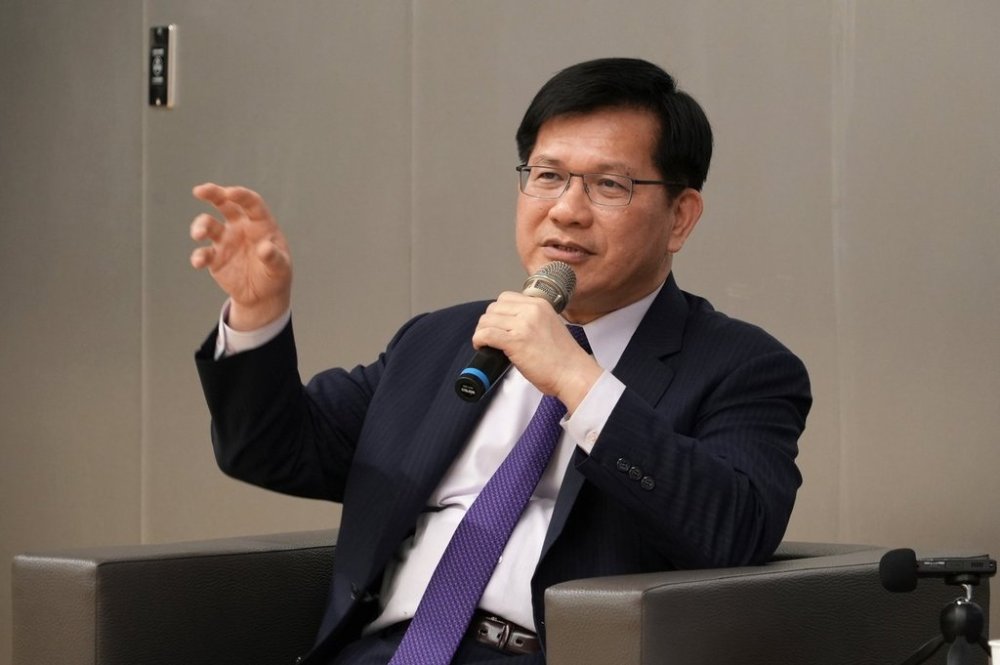Taiwan’s foreign minister says closer ties with Israel align with the island’s interests
Advertisement
Read this article for free:
or
Already have an account? Log in here »
To continue reading, please subscribe:
Monthly Digital Subscription
$0 for the first 4 weeks*
- Enjoy unlimited reading on winnipegfreepress.com
- Read the E-Edition, our digital replica newspaper
- Access News Break, our award-winning app
- Play interactive puzzles
*No charge for 4 weeks then price increases to the regular rate of $19.00 plus GST every four weeks. Offer available to new and qualified returning subscribers only. Cancel any time.
Monthly Digital Subscription
$4.75/week*
- Enjoy unlimited reading on winnipegfreepress.com
- Read the E-Edition, our digital replica newspaper
- Access News Break, our award-winning app
- Play interactive puzzles
*Billed as $19 plus GST every four weeks. Cancel any time.
To continue reading, please subscribe:
Add Free Press access to your Brandon Sun subscription for only an additional
$1 for the first 4 weeks*
*Your next subscription payment will increase by $1.00 and you will be charged $16.99 plus GST for four weeks. After four weeks, your payment will increase to $23.99 plus GST every four weeks.
Read unlimited articles for free today:
or
Already have an account? Log in here »
TAIPEI, Taiwan (AP) — Taiwan wants to deepen its ties with Israel despite criticism over its war in Gaza because Israel has shown support for Taiwan unmatched by other countries in the Middle East, the island democracy’s foreign minister told reporters on Wednesday.
Taiwan will be “friendly to countries that are friendly to us,” Foreign Minister Lin Chia-Lung said. He said that a declaration signed earlier this year by 72 members of the Israeli parliament in support of Taiwan’s inclusion in key international organizations is an example of Israel’s support.
Lin added that “Palestine is very bad to Taiwan” because it aligns with Beijing’s “One-China” principle, which states that there is only one China and that Taiwan is an inalienable part of China.

Human rights and national interests must be aligned, Lin told journalists during a meeting organized by the Taiwan Foreign Correspondents’ Club.
Taiwan’s government came under criticism earlier this year for planning a donation to a medical center in an Israeli settlement in the West Bank. The International Court of Justice ruled last year that Israeli presence in occupied Palestinian territories including the West Bank is illegal.
Asked to confirm whether Taipei has abandoned its plan for the West Bank donation, Lin did not give a conclusive answer. Instead, he said Taiwan prioritizes humanitarian support in the Israel-Hamas war, and that Taiwanese diplomats are instructed not to become involved in the conflict.
“In fact, we provide a lot of humanitarian aid to both sides, including the Gaza Strip and Palestine,” Lin said.
He added that other countries can learn from Taiwan about how to deal with China including on gray-zone tactics, telecommunications and data transfers.
Last week, Lin accompanied Taiwanese Vice President Bi-Khim Hsiao in a rare visit to Brussels, during which Hsiao urged the European Union to boost security and trade ties with the self-governing island.

